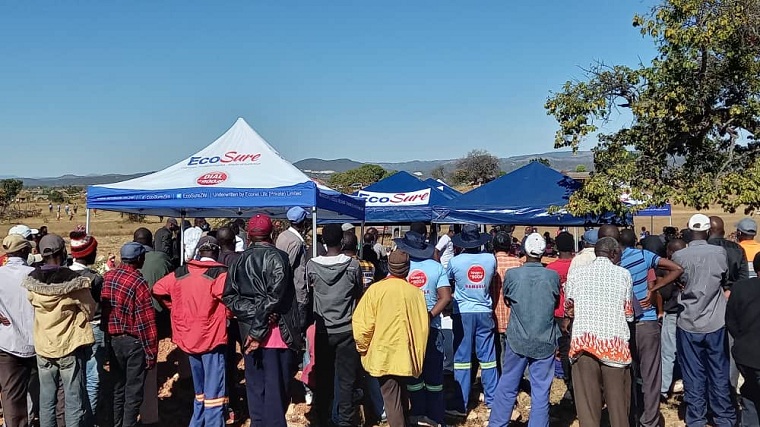Tinashe Nyahasha of Techzim, however, argued then that this was not a technical glitch. It was outright theft.
“Econet or Cassava should not even think about taking out big bold newspaper ads blaming a technical glitch for yesterday,” he wrote. “The EcoSure incident was not a system error. It would be scary if it were. A system that can randomly start subscribing people to a service? It was a bad judgement call. To be honest, that person should lose their job.
“There is this mantra that says it’s better to ask for forgiveness rather than asking for permission. This is one of those silly clichés we quote blindly handed down to us from Silicon Valley. No, it’s not better to ask for forgiveness after taking my money than for you to ask me if I want to buy what you are selling in the first place.
“The truth is what happened here is unlawful seizure of property. In other words: theft.
“The world over when stuff like what happened yesterday happens, regulators go to rule books and add a few extra pages. That this happened is justification enough that we need to rethink regulation about what happens to our data held by telcos. Just before last year’s election, mobile subscribers got unsolicited messages from ZANU-PF. Should such things happen?
“The EcoSure incident is worse because someone moved money out of people’s accounts without their knowledge. It wasn’t just money being moved randomly, the money was going to the same company that we have trusted to keep our money. At least three regulators should say something about this:
“The Reserve Bank of Zimbabwe (RBZ) as regulator of banking and similar services should make sure this never happens again. POTRAZ as regulator of telecoms companies should make sure telcos don’t abuse our personal data for their own benefit ever again. The Insurance and Pensions Commission (IPEC) should make sure no insurance company should ever impose itself on Zimbabweans again whether that insurance company has a relationship with a banking institution or not.”
This time there was total silence. But it was tragic. With a minimum premium of $50 and about one million subscribers, $50 million could have been wiped out in one fell swoop and parked into a company’s account for five days.
Just imagine how much was hived out if there were 10 deductions like in my case! You don’t have to be a financial guru to know what this means.
But what was amazing was the total silence. Business went on as usual. It was a clear demonstration of how much power Strive Masiyiwa and his business empire now have over the local media.
(396 VIEWS)



Pingback: Can Zimbabweans get the government to stop Ecocash daylight robbery? | The Insider